The Russian hate list: Who is truly disliked in the country and why
The Wealthy
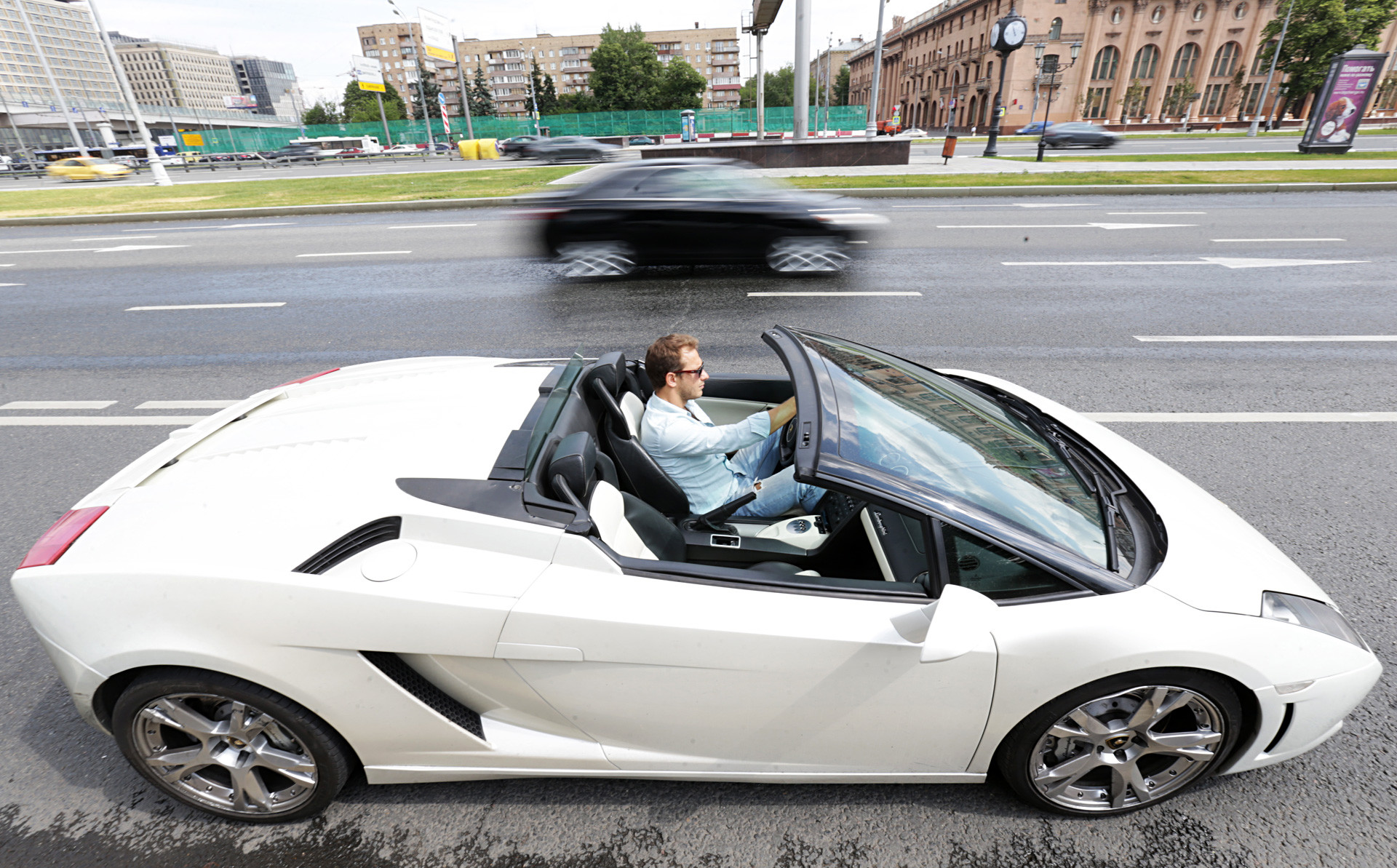
“It’s impossible to be honest and wealthy at the same time”
Vyacheslav Prokofiev/TASS“It’s impossible
The privatization of the 1990s when oil, natural gas, and factories were nominally owned by all (belonging to the government) is one of the recent “wounds.” And after the breakup of the USSR, these industries became the property of private individuals. To this day many think this was done dishonestly - soon these people became the wealthiest individuals in the country.
Of course, since then many ways to make money have come about. But all the same, regardless of the source of capital, the well-heeled - for the most part - are still disliked. And many have not forgotten about the privatization.
Utility Providers
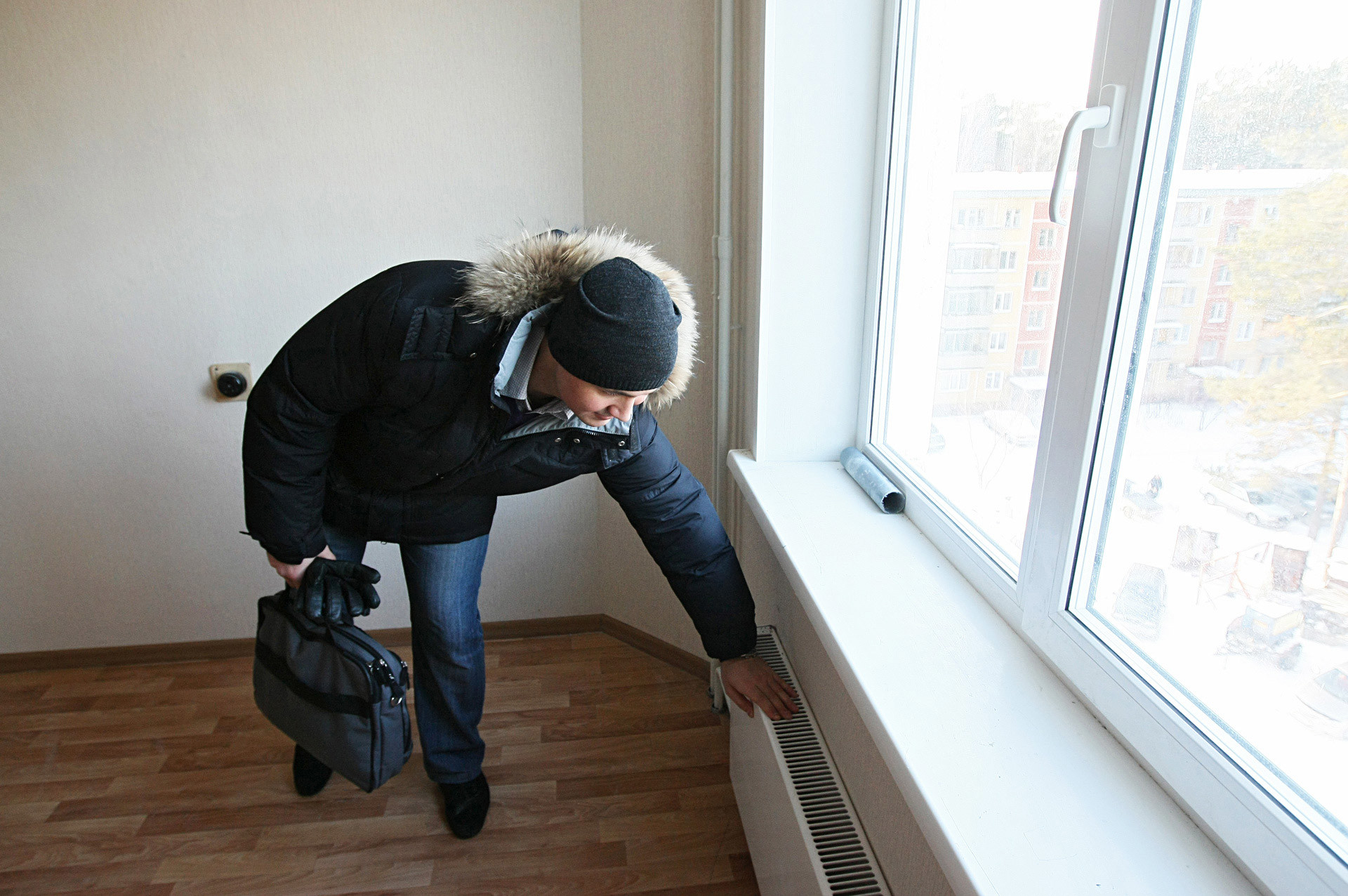
People still feel they pay too much and it’s high time to end this disgrace
Alexandr Kryazhev/SputnikBills are thrown into mailboxes at the speed of light. What do these abbreviations “PZU” and “APPZ” on the letters mean? Why pay for a concierge? (that old woman in the small room by the entrance) What’s with this “obligatory fee” in the form of collection for major repairs? And when in hell are they going to turn off the heat? It’s already April and 20 °C outside and the radiators are still on full blast!
There’s always something fueling hatred towards utility workers in Russia. It makes no difference that it’s not their fault the fees increased for water and natural gas, the first thought is always: The utilities people “screwed something up.”
And even though there’s an abundance of natural gas and electricity is inexpensive, people still feel they pay too much and it’s high time to end this disgrace.
Neighbors
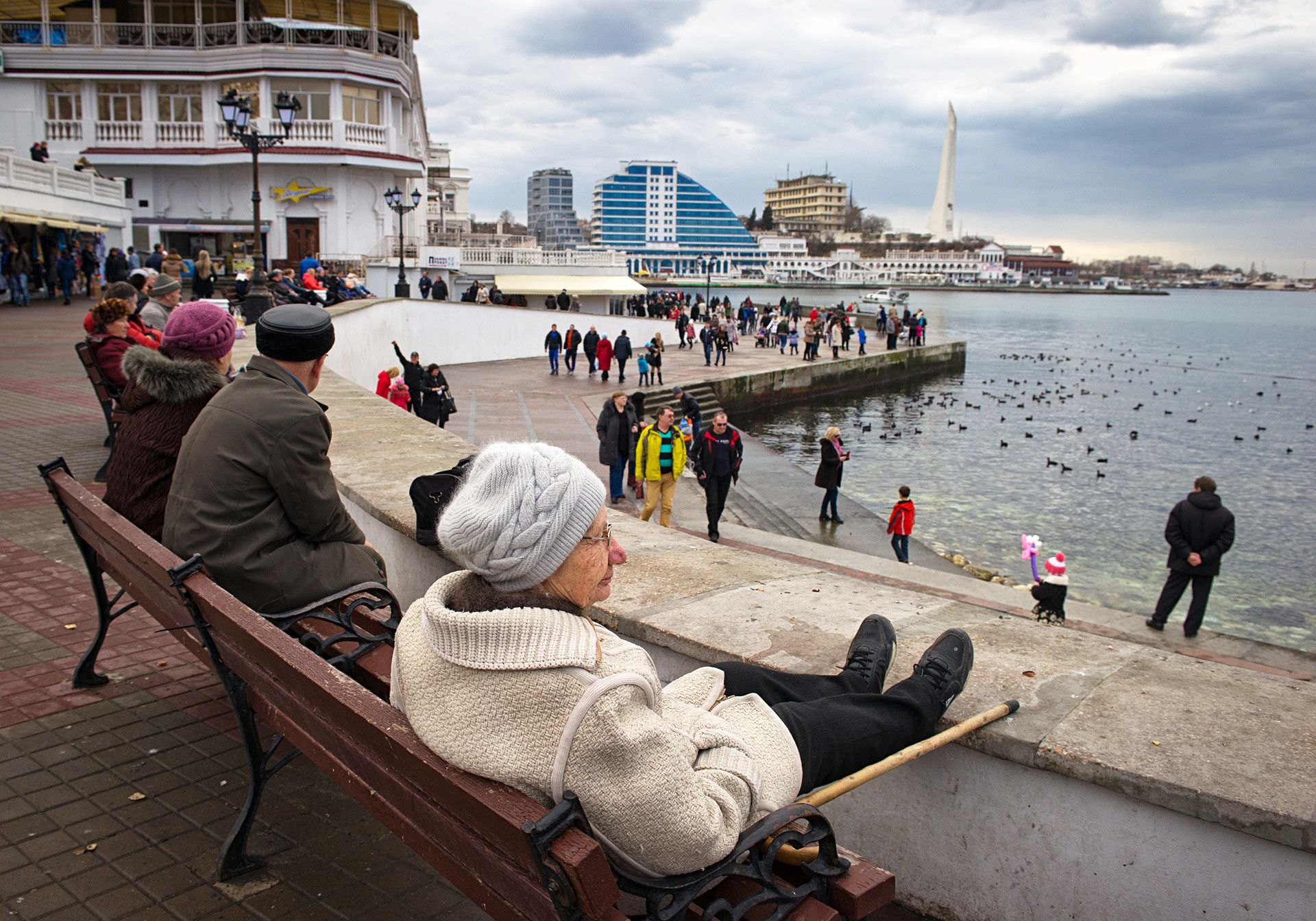
The average Russian is tired of constantly being around other people
Sergey Malgavko/SputnikYou think you’ll always get a response when greeting a neighbor at the entrance? Far from it. They won’t bring
The average Russian is tired of constantly being around other people. First, they shared a kitchen, toilet, and a shower in a communal apartment with strangers - so common during the 20th century. Then they were only separated from them by the thin walls of Khrushchev-era apartments, knowing exactly when their neighbor sneezed, with which words he yelled at his wife, and the trash they watched on TV. And on top of this, add the moan of a drill and the repetition of a hammer, the cries of a child, groans at night, piano in the morning, and that’s it, you can’t help but hate them. This mentality survives today, even if a new neighbor has not yet had time to tarnish his reputation.
Security Guards
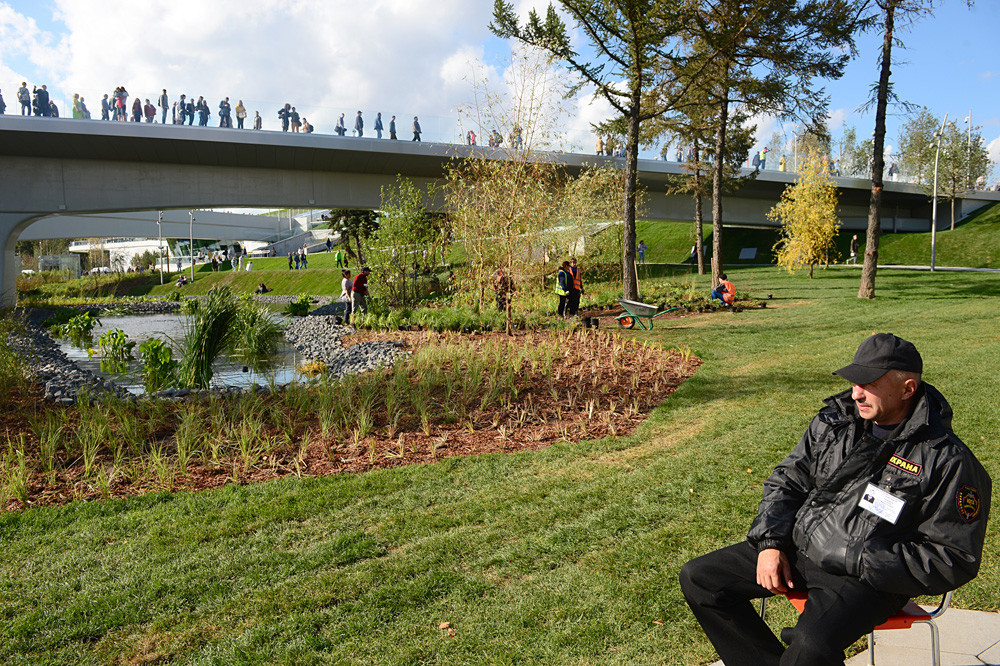
No matter where you go someone is looking over your shoulder
Kirill Kallinikov/SputnikRussia is a country of security guards. According to recent statistics, they outnumber policemen in the country.
No matter where you go
Russians
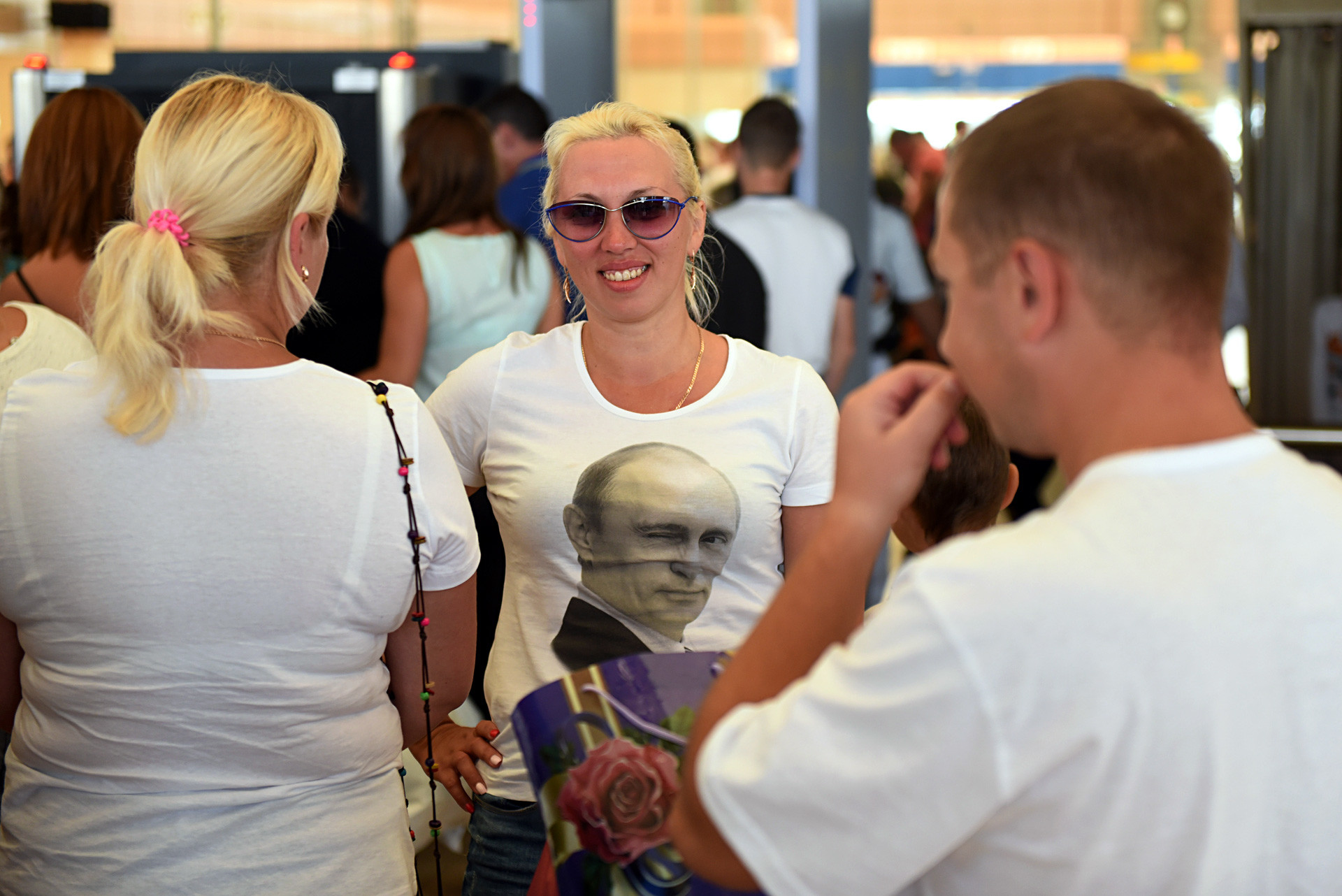
The one thing that can temporarily distract them from one another is a common enemy
AFPThe one thing that can temporarily distract them from one another is a common enemy. In front of an
Provincials vs. Muscovites

Village of Konstantinovo
Alexander Ryumin“They get paid 200,000 rubles ($3,500) and they don’t know how to spend it.That’s because they’re full of themselves! Walking around showing off. They haven’t seen real life!” Provincial residents love the myth of the arrogant Muscovite, who despises them from birth. The roots of this mutual dislike lie in the economic relationships of the local regions and the capital. Moscow “sucks in” all the revenue of Russia, and then decides to whom and how much to assign to local budgets. Also, since Soviet times, every provincial person remembers the empty shelves of their stores, while in Moscow everything could be purchased (at least if you knew where to look).
Muscovites vs. Provincials
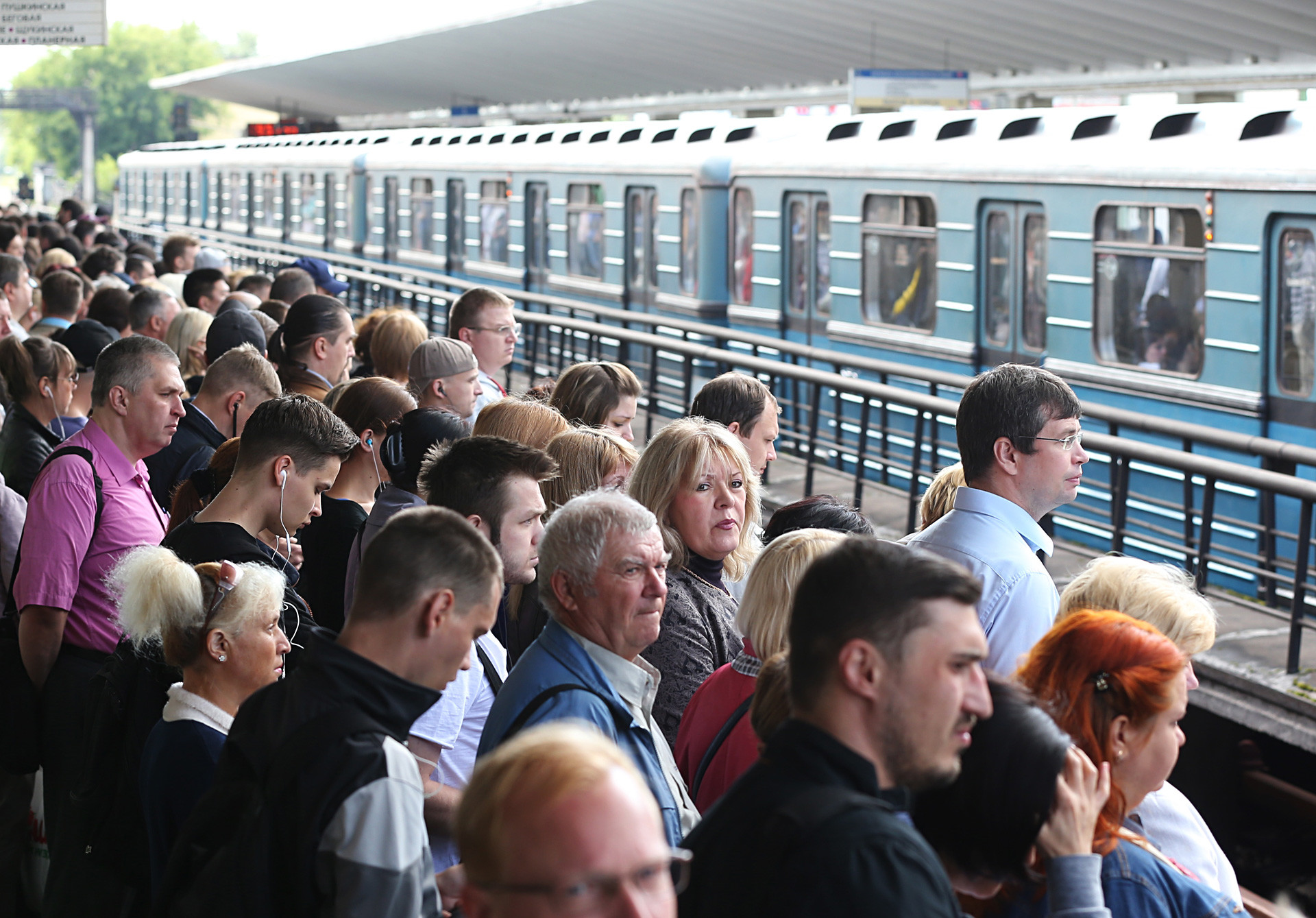
They think of provincials as “job thieves”
Artem Korotaev/TASSWhile the sense of deprivation and undervaluation causes provincial people to make attempts to become Muscovites, Muscovites give them a taste of their own medicine.
They think of provincials as “job thieves” - they’re more active, ready to work for less money, and in the end, willing to do just about anything. They also think of them as cultureless, criminals, apartment hunters (supposedly the dream of any provincial girl is to find a Moscow lad with an apartment), etc. A Muscovite’s classic complaint is “They’ve invaded us.”
Running away from one another doesn’t work, of course, and both communities are forced to coexist. But Muscovites still try. How exactly - you can read here.
If using any of Russia Beyond's content, partly or in full, always provide an active hyperlink to the original material.
Subscribe
to our newsletter!
Get the week's best stories straight to your inbox